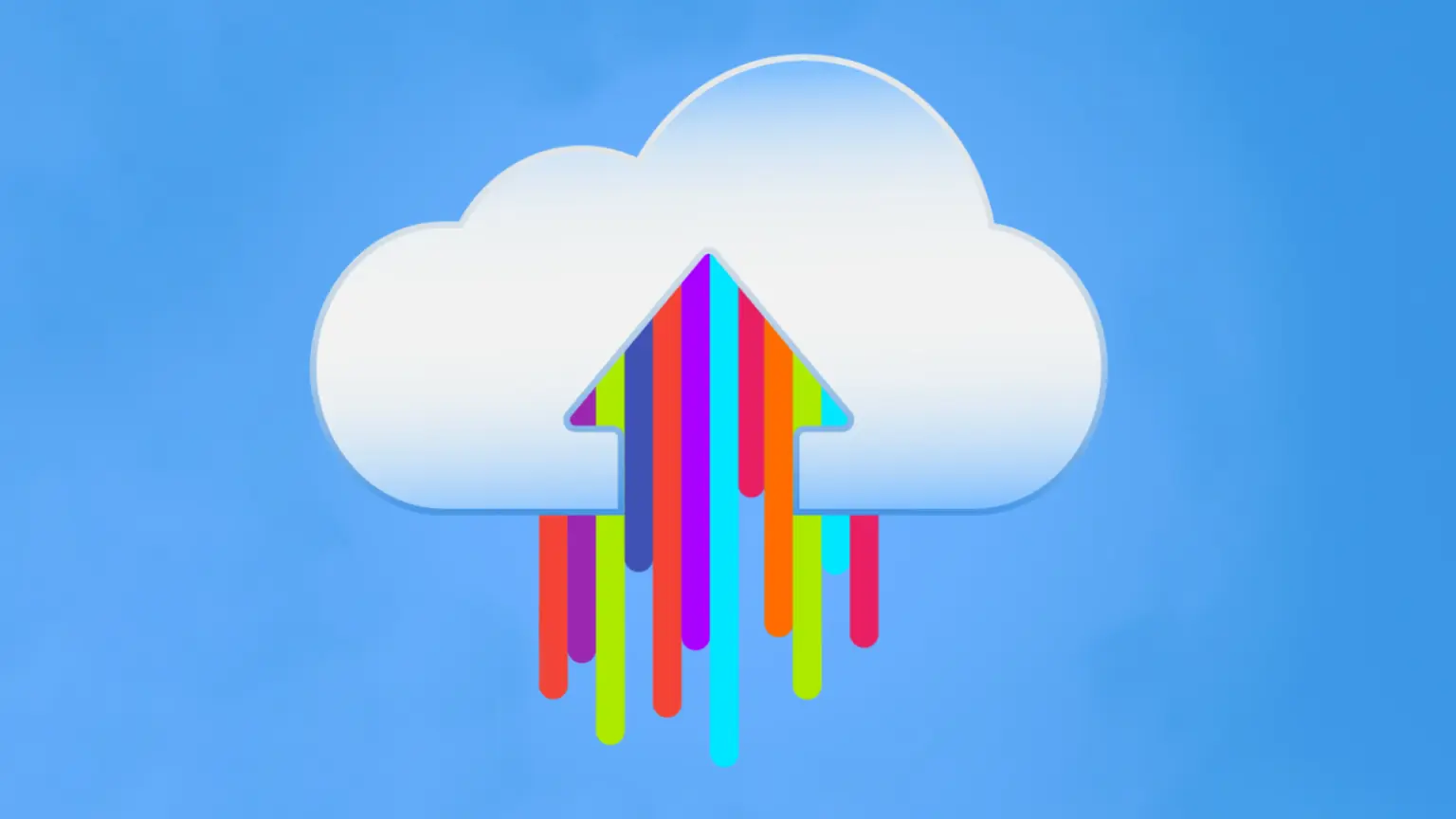The Polish IT industry is at the epicentre of a revolution. Cloud computing has ceased to be a technological novelty and has become the foundation of modern business. The Polish cloud computing market, whose value in 2023 reached PLN 3.9 billion, is forecast to approach PLN 13 billion by 2029. This is no longer a trend – it is a new reality. For B2B marketers, this means one thing: the rules of the game have changed. Success no longer depends on selling technology, but on strategic advice.
Communication in the language of benefits, not technology
The key to a successful sale is to understand that the decision to migrate to the cloud is rarely purely technical. It is a business move, driven by specific needs and equally specific concerns. Companies opt for the cloud because they are concerned about data security, want the flexibility of remote working, or want to turn a one-off, huge investment in hardware (CAPEX) into predictable operational costs (OPEX).
At the same time, decision-makers are afraid of losing control over costs and lacking the internal competence to manage the new environment. It is this paradox – a strong need for change while fearing it – that defines the role of the modern salesman. His job is not to sell a product, but to allay fears. He or she becomes a de-risking agent who guides the customer through the transformation process, providing peace of mind and a sense of security.
Selling solutions, not functions
The biggest IT sales mistake is reciting technical specifications. The business customer is not buying ‘elastic scalability’ or ‘georedundant disaster recovery’. He is buying concrete results. Instead of talking about technical features, it is worth painting pictures of business benefits in the customer’s mind.
Selling this is not about offering scalability, but about guaranteeing that a customer’s online shop will never fail during peak Black Friday sales, maximising their profits. Rather than offering disaster recovery, it is more effective to present this as an insurance policy for the business, ensuring business continuity even in the event of an office fire. Instead of explaining the OPEX model, it is useful to show that the client can stop freezing hundreds of thousands in servers and use the money saved for marketing or product development, paying for IT like electricity. It is this translation from the language of technology to the language of value that builds trust and closes the sale.
Turning objections into arguments
Even the best conversation will encounter objections. This is not a failure, but an invitation to a deeper discussion. The most common of these – “it’s too expensive”. – rarely means an actual lack of budget. It is a signal that the customer has not yet seen enough value. Instead of defending the price, the conversation can be shifted to another track. It is worth asking how much each hour of downtime of a key system costs him during peak season. The key is to make the customer aware of the cost of inaction. In this way, price ceases to be an expense and becomes an investment in stability and revenue.
The same is true for security concerns. Rather than inundating the customer with a list of certificates, it is effective to explain the concept of ‘shared responsibility’. Presenting this as a partnership, where the supplier builds a fortress with state-of-the-art security systems and the customer manages who has the keys to each chamber, gives a sense of control and builds trust much more effectively than technical jargon.
Playing for loyalty in a world of subscriptions
In traditional sales, signing a contract completed the process. In the subscription model that dominates the cloud, this is only the beginning. The financial success of the provider is inextricably linked to the business success of the customer. Therefore, sales is evolving towards a Customer Success philosophy, i.e. proactively ensuring that the customer achieves their goals with the solution.
As experts point out, in this model, up-selling and cross-selling cease to be aggressive techniques and become a natural part of the partnership relationship. When you can see that a customer is successful, it’s the perfect time to offer them the next step. If he has successfully migrated his applications to virtual machines, perhaps he is ready for containerisation, which will further accelerate his development processes.












